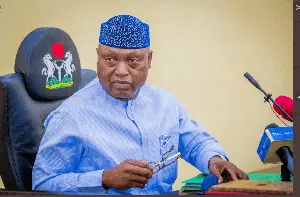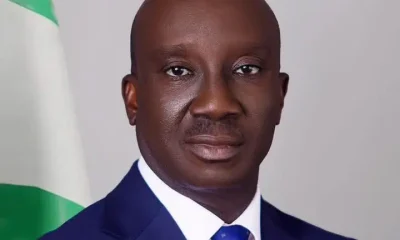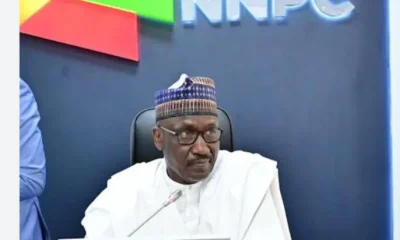“The time has come for locals to manage the oil in their communities. We urge the Federal Government to let us operate these pipelines ourselves, exploit the resources, and pay royalties accordingly. It is our oil, and we should be active participants in its management,” Nnee stated.
Also speaking, Kennedy West, President of the Movement for the Survival of Izon Ethnic Nationality in the Niger Delta (MOSIEND), credited PINL with saving the country billions of dollars through its surveillance activities.
West, however, challenged the Nigerian National Petroleum Corporation Limited (NNPCL) to clarify its plans for host communities that have supported oil production over the years.
“PINL is doing a great job, but how is this reflecting on host communities from the perspective of NNPCL? Communities must be better informed about what benefits they stand to gain for their continued cooperation,” he said.
He also urged communities to maintain their efforts in securing the pipelines while calling on the Federal Government to reciprocate their support with better development initiatives.
Chief Patricia Ogbonaya, the Ada Ekpeye-Logbo, commended PINL for providing a platform where host communities could voice their concerns about its operations.
Other stakeholders and community representatives at the meeting called for:
Greater local participation in oil industry activities.
Improved healthcare services in oil-producing areas.
Job opportunities for local youth to prevent restiveness.
Provision of social amenities such as roads, schools, and water supply.
The engagement concluded with a unified call for the Federal Government to prioritize the welfare of host communities, ensuring that they receive equitable benefits from oil production in their regions.


























